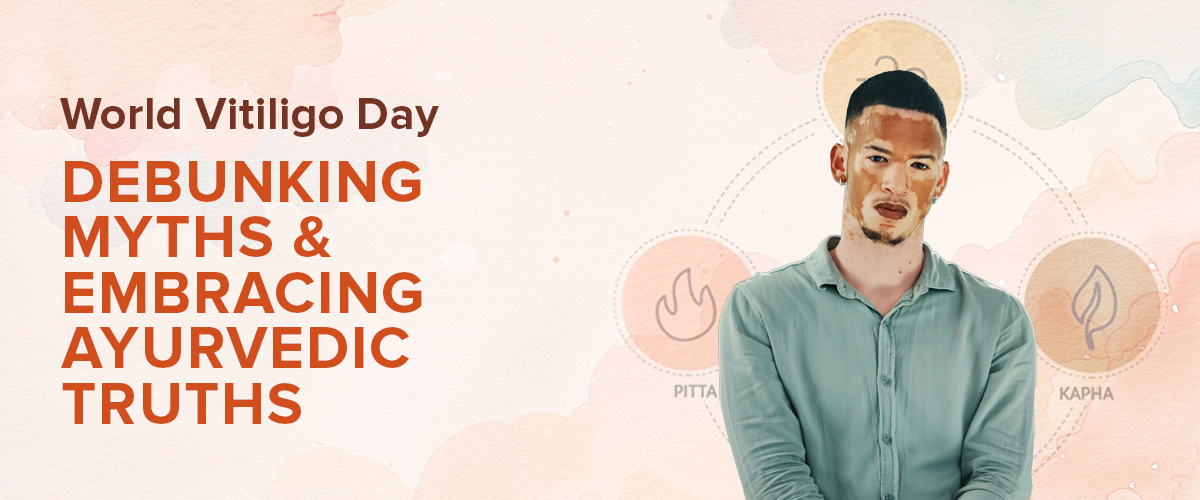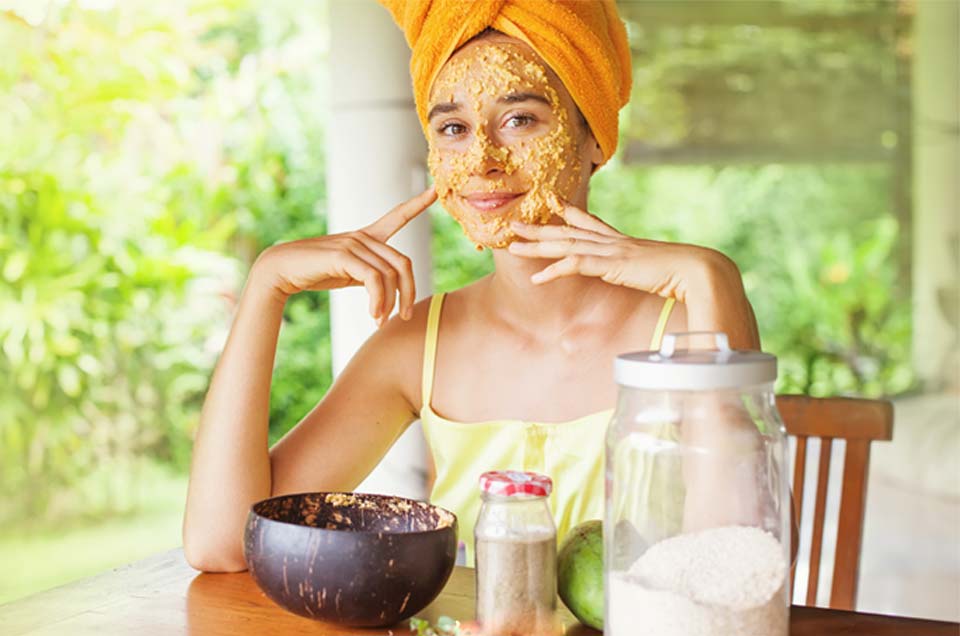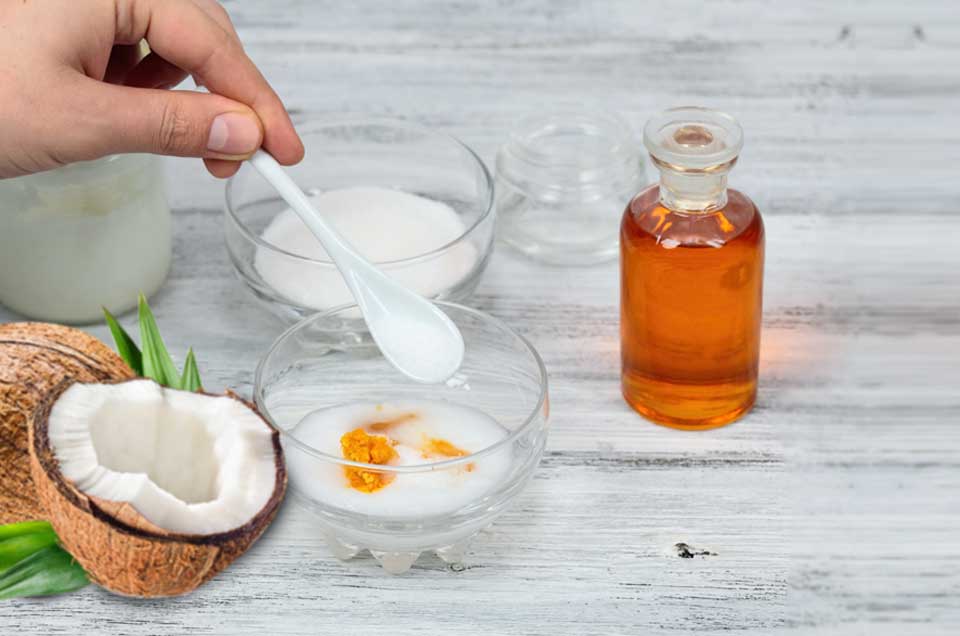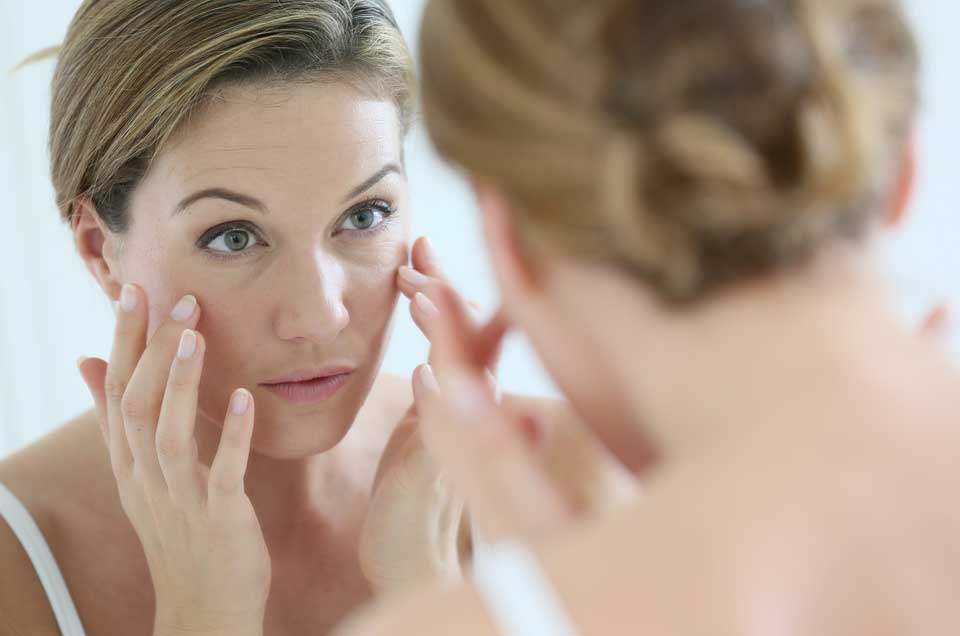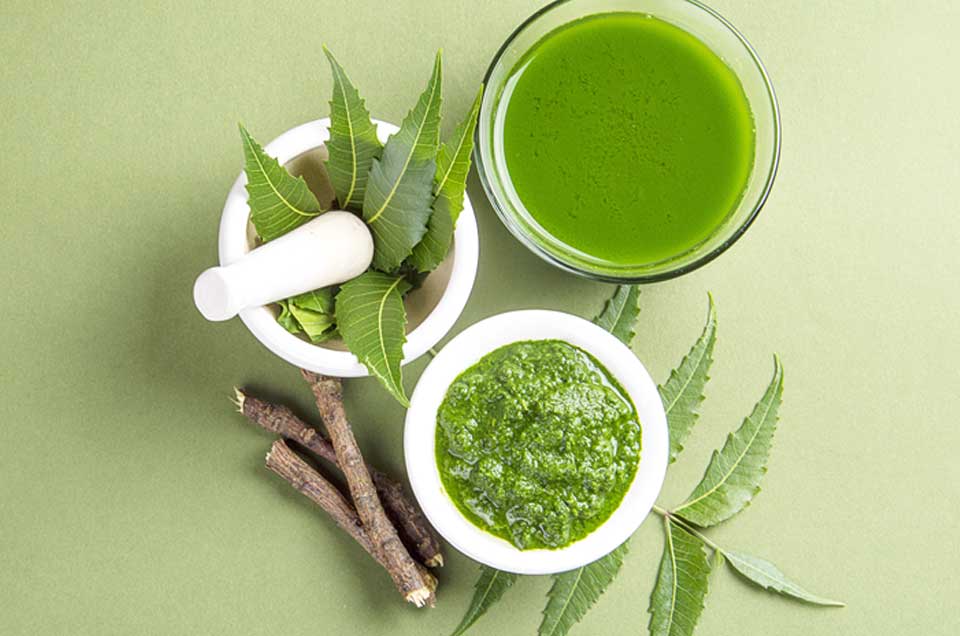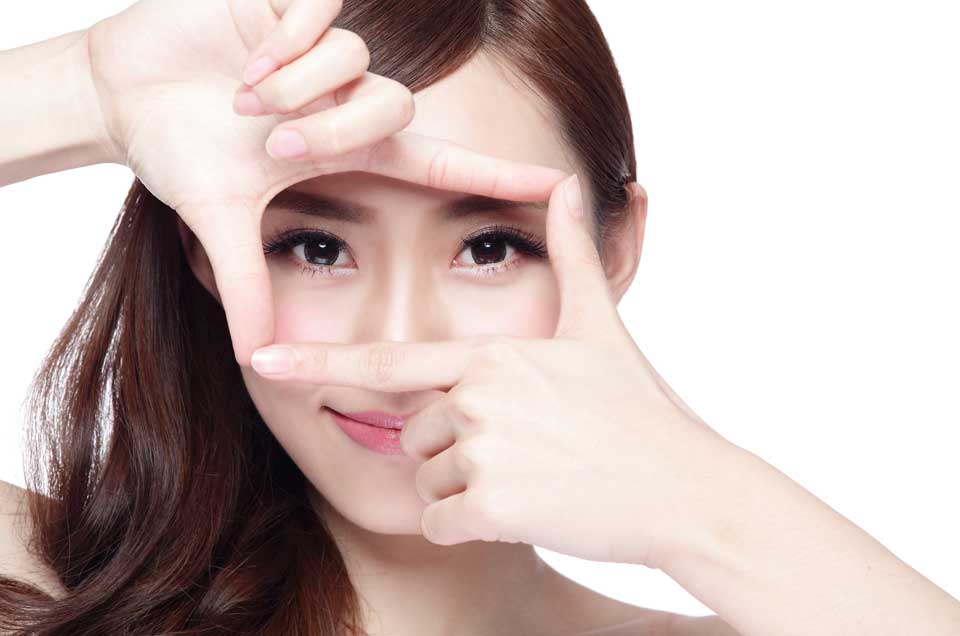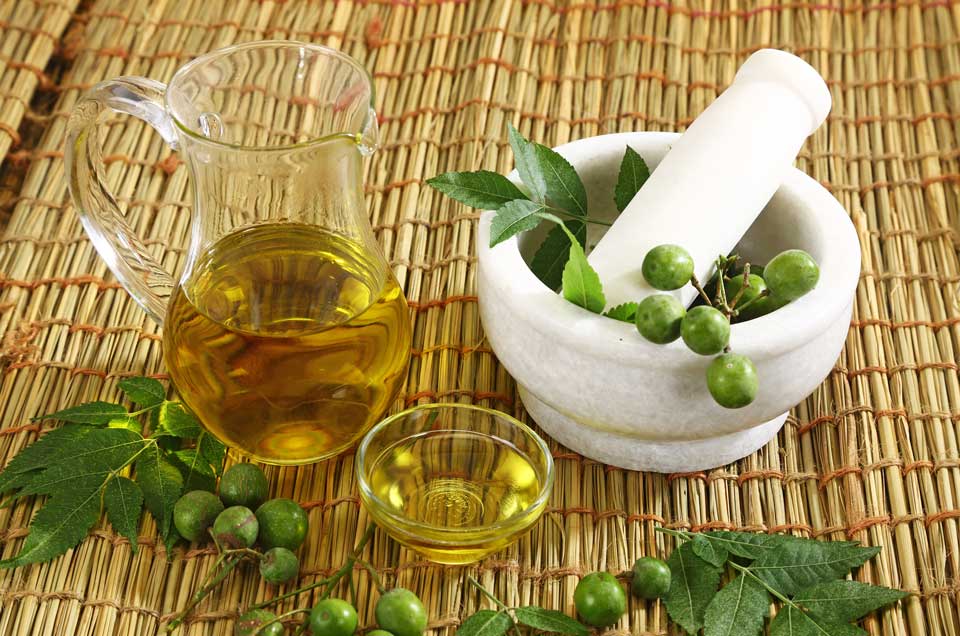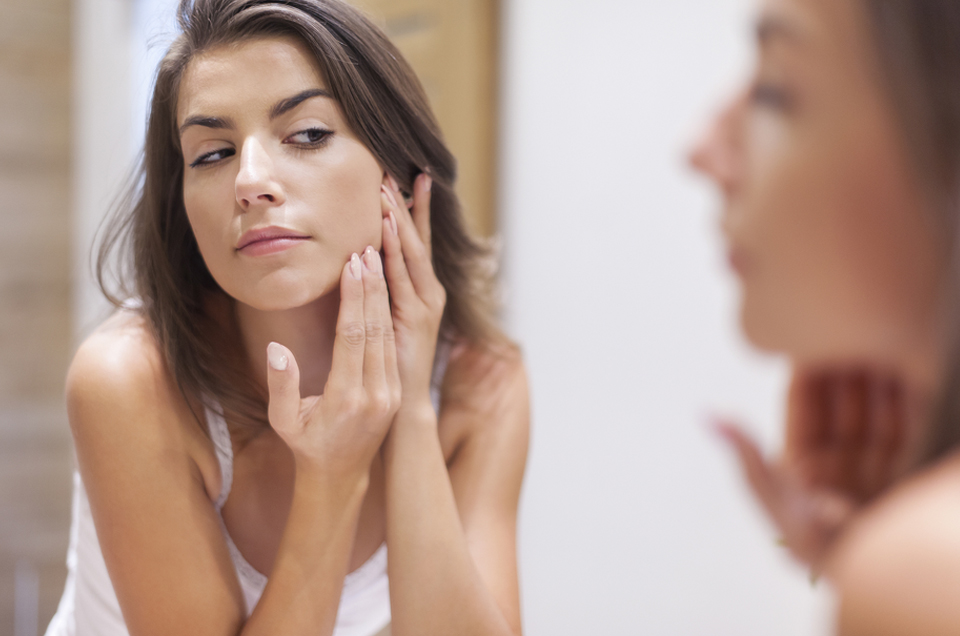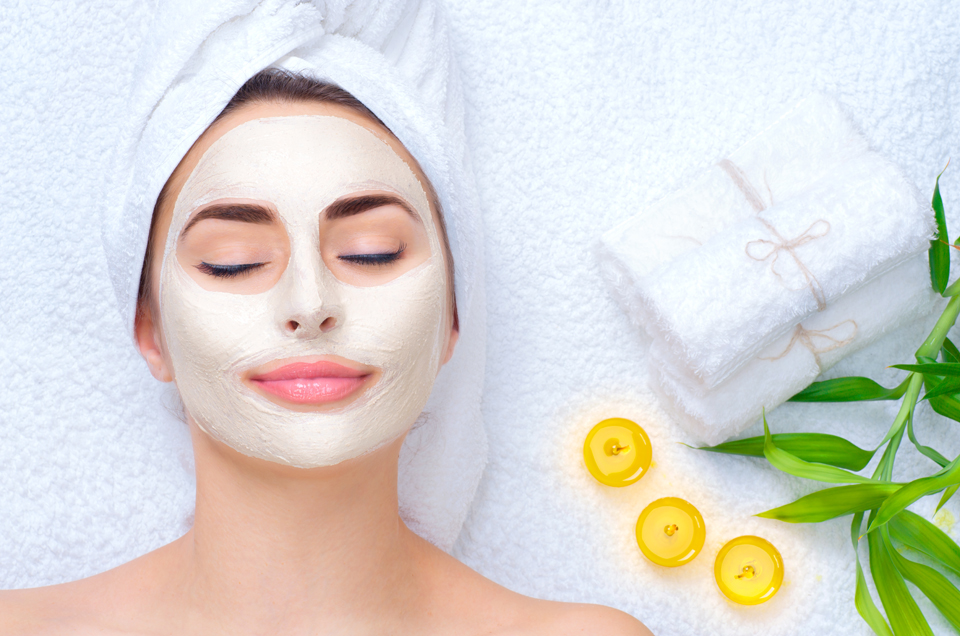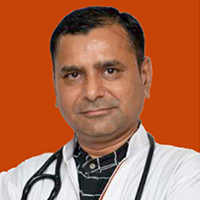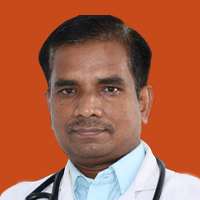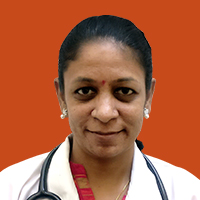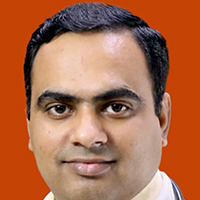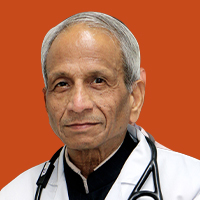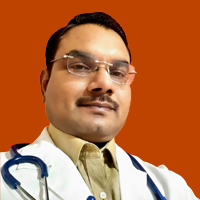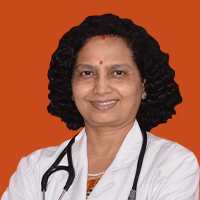In India, vitiligo impacts almost 0.5% to 2.5% of the population, with certain regions reporting rates as high as 4%. That translates to millions of individuals here in our nation living with this condition every day. June 25 marks the World Vitiligo day, a day to raise awareness, provide assistance and challenge misunderstandings regarding Vitiligo.
In India, vitiligo is not just about the changes on your skin; but it also leads to hurtful stigma, emotional stress and low self-esteem. In fact, a recent study reported that almost 89% of Indian vitiligo patients had depression symptoms. This illustrates how vitiligo impacts your life beyond the skin.
That is the reason World Vitiligo Day is more than just a date in the calendar. It is an invitation for us to understand, acknowledge and support people with vitiligo. Let us understand some common myths about this condition and see how effective Ayurvedic treatment for vitiligo can be.
What Is Vitiligo And How Does It Happen?
Vitiligo is a condition where your skin loses its natural colour in patches. These patches might appear on your hands, face, legs and within your mouth. They're lighter or white compared to normal skin tone because the cells which create colour (melanocytes) are damaged.
Vitiligo isn't painful or contagious but could make your skin look different. For a lot of people, that may result in mental distress, depression or low self-confidence, particularly when other people don't know what vitiligo is.
You might wonder why this occurs in the first place. Even though the actual cause remains under research, here is
what we know from modern medicine:
Autoimmune reaction: The immune system which is meant to protect you attacks its very own pigment producing cells accidentally.
Genetics: If a person in your family has vitiligo or any other autoimmune disorders, you could be much more likely to develop it.
Oxidative stress: This means your body is balancing harmful molecules against antioxidants that may damage your skin cells.
Environmental triggers: Things like sunburn, chemical exposure or perhaps emotional stress could cause or worsen the problem.
Vitiligo does nothing to your physical strength or intelligence. But since the condition is clearly visible on your skin, others might give you unnecessary notice or misunderstanding. This is where awareness starts, not only for people who have vitiligo but for us as a society.
One path drawing attention in India is Ayurveda, which views vitiligo as being an interference with your natural balance, particularly your Pitta dosha, which regulates metabolic rate and skin health. Ayurveda offers a holistic approach to vitiligo: calming internal heat, clearing toxins, easing stress & strengthening skin from within.
What Are the Most Common Myths About Vitiligo?
Vitiligo is often misunderstood and there are still a number of myths surrounding it, even to this day. Such false beliefs can cause fear, confusion and unfair treatment toward those who have it. But if you or somebody you know has vitiligo, you should learn how to separate fact from fiction. Here, we will clear some of the most prevalent vitiligo myths to help spread skin health awareness.
Myth 1: Vitiligo is contagious.
Fact: Vitiligo isn't contagious. You can not catch it if you touch somebody, share meals, hug or sit next to somebody. It isn't an infection and it does not spread from person to person. Vitiligo happens due to changes in the immune system, not germs.
Myth 2: Poor hygiene causes vitiligo.
Fact: This is not true. How clean you are doesn't affect your condition of vitiligo. You can bathe often and have perfect hygiene and still develop vitiligo. It's a result of autoimmunity, genetics and quite often stress, not dirt or poor personal care.
Myth 3: Some foods lead to vitiligo.
Fact: Many people think that sour or white food like milk and fish can result in vitiligo. But there is no proof of such suggestions. You can consume an ordinary balanced diet and it won't trigger vitiligo. But in Ayurveda, certain foods are restricted to reduce internal heat and promote better skin health. However, this is about managing symptoms, not causes.
Myth 4: Individuals with vitiligo possess less psychological or physical capabilities.
Fact: Vitiligo is an ailment of the skin, nothing else. It does not impact your intelligence, strength, or capabilities at all. Individuals with vitiligo can work, study, play sports or lead as normal and successful lives as anybody else. The sole difference is the colour of certain areas of their skin.
Myth 5: Only the dark skinned get vitiligo.
Fact: Vitiligo can affect anybody, even people with light skin tones. But yes, the white patches appear more noticeable on darker skin, so people might think it just affects dark complexions. In fact, it impacts all races and skin types worldwide.
Myth 6: Vitiligo might be associated with leprosy or skin cancer.
Fact: It is a dangerous and incorrect myth. Vitiligo isn't associated with cancer, leprosy or any other infectious or fatal condition. It's just a defect in the performance of your pigment cells. Placing it alongside serious diseases like cancer or leprosy creates unneeded anxiety and stigma.
Myth 7: White patches always imply vitiligo.
Fact: Not all white patches are vitiligo. They might arise from various other circumstances including fungal infections, eczema, scars or burns. That is why it pays to obtain a correct diagnosis from an Ayurvedic expert and not overthink or panic.
Myth 8: Oils or home remedies can cure vitiligo completely.
Fact: There's no magic oil, cream or house hack to cure vitiligo instantly. Many individuals improve with Ayurvedic treatment for vitiligo but some don't. Ayurveda and modern medicine both provide treatments for it though each case is different. Consult an experienced Ayurvedic doctor before trying something at home.
Pro Tips to Handle Vitiligo Myths in Your Life
Speak Up: If anybody gives incorrect information about vitiligo, correct them gently.
Support Others: Do you know somebody with vitiligo? Deal with them like you would want for yourself.
Educate Your Circle: Awareness starts at home. As more people understand the truth, the quicker the myths vanish.
Beware of Self-Diagnosing: Before drawing conclusions about skin patches, consult an Ayurvedic expert.
Can You Cure Vitiligo with Ayurveda?
If you want a permanent or overnight ayurvedic cure for vitiligo, it’s important to understand the reality first. Ayurveda provides a natural, long-term method of managing vitiligo and improving your skin health.
Ayurveda thinks that every person is unique. This means the ayurvedic treatment for vitiligo is not the same for everyone. It depends on your body type (dosha), your digestion strength, your lifestyle and your toxin buildup (Ama). So, rather than presenting a uniform cure, Ayurveda offers individualised treatment which restores balance and also supports skin healing from inside.
This can take time but a lot of people discover that with persistence and direction, white patches stop spreading, the skin starts improving, and their overall health becomes stronger.
Ayurvedic treatment for vitiligo includes:
- Herbal medicines to promote pigment production.
- Panchakarma cures for detoxing the system.
- Diet modifications to cool excess Pitta and avoid triggers.
- Yoga, meditating and sleep help with stress management.
Ayurveda looks beyond your skin. It attempts to find the main root cause of the issue and repair it instead of merely concealing the symptoms. And that is exactly why individuals choose this path whenever they want a safer and natural route.
Ayurvedic Medicine for Vitiligo (Herbs)
Ayurveda has a number of natural cures to manage vitiligo by calming your body from inside and restoring overall skin health. If you’re looking for an ayurvedic cure for vitiligo, these remedies focus on long-term healing through diet, herbs, and lifestyle changes.
The natural Ayurvedic medicines for vitiligo include:
Bakuchi (Psoralea corylifolia): Bakuchi induces melanin production. Its oil can be applied topically (after testing) and taken internally in small doses.
Guduchi (Giloy): A highly effective immune-balancer that detoxes the body and also inhibits autoimmune responses.
Neem: Known for its blood purifying and skin healing qualities. You can take fresh neem juice or even neem tablets.
Manjistha: Good for blood circulation and skin complexion. It helps with pigment regeneration.
Khadir: Cools the body and also soothes inflammation. Frequently found in skin-cleansing formulations.
Amalaki (Amla): It's full of Vitamin C, helps increase immunity and slows down skin degeneration.
Pro Tip: Never self-medicate with Ayurvedic herbs. Always speak with an Ayurvedic doctor for correct dosage & herbs based on your specific body type.
Which Ayurvedic Therapies Help Manage Vitiligo Symptoms?
In Ayurveda, detoxification therapies known as Panchakarma are used to remove toxins, balance doshas, and restore skin health.
1. Virechana (Purgation therapy): Herbal laxatives are used to cleanse the liver and intestines and eliminate Pitta-related toxins from your system.
2. Swedana (Herbal steam Therapy): A mild steam using herbal decoctions is used to open up your skin pores and flush out toxins through sweat.
3. Basti (Herbal Enema): Cleanses the colon and balances your Pitta and Vata. Also, it encourages nutrient absorption and immunity.
4. Rakta Mokshana (Bloodletting): A traditional technique used to purify your blood. This is carried out only under expert supervision and is helpful for persistent skin disorders like vitiligo.
Pro Tip: These therapies must be under the direction of an expert Ayurvedic doctor. Ask these questions before starting Panchakarma :
- How the therapies will be customised to your body type.
- What kind of herbal oils or decoctions will be used.
- Diet and rest routine during and after the detox.
Ayurvedic Diet for Vitiligo
Your diet plays a big role in controlling your Pitta dosha & reducing toxins that affect your skin.
What to Eat:
Cooling fruits: Watermelon, pears, grapes, coconut.
Vegetables: Cucumber, zucchini, bottle gourd, leafy vegetables.
Whole grains: Basmati rice, quinoa, barley.
Healthy Fats: Ghee, coconut oil, soaked seeds and nuts.
Herbs & spices: Fennel, cumin, cardamom, mint.
What to Avoid:
- Spicy or oily foods.
- Sour items like citrus fruits, tomatoes, and vinegar.
- Fermented/packaged foods.
- Excessive tea, coffee & alcohol.
Pro Tip: Consume fresh, homemade food and avoid reheating leftovers. Drink lukewarm water all day long for improving your digestion.
Final Thoughts
Each patch on your skin is a sign of power, tenacity and individuality, not weakness. You aren't alone if you have vitiligo. Millions of individuals in India and around the globe today face the same questions and challenges. But the more you learn, the greater power you have to take care of yourself.
Ayurveda offers a path of balance, not just for your skin but for your whole body and mind. You can naturally and gently manage vitiligo with the right diet, lifestyle, guidance and herbs. And by breaking the myths and spreading true awareness, you help make the world a more understanding place for everyone.
Choose compassion, self-care, and knowledge this World Vitiligo Day. Speak directly with our certified Jiva doctors today. Call us on 0129-4264323 and take the first step toward natural healing.



